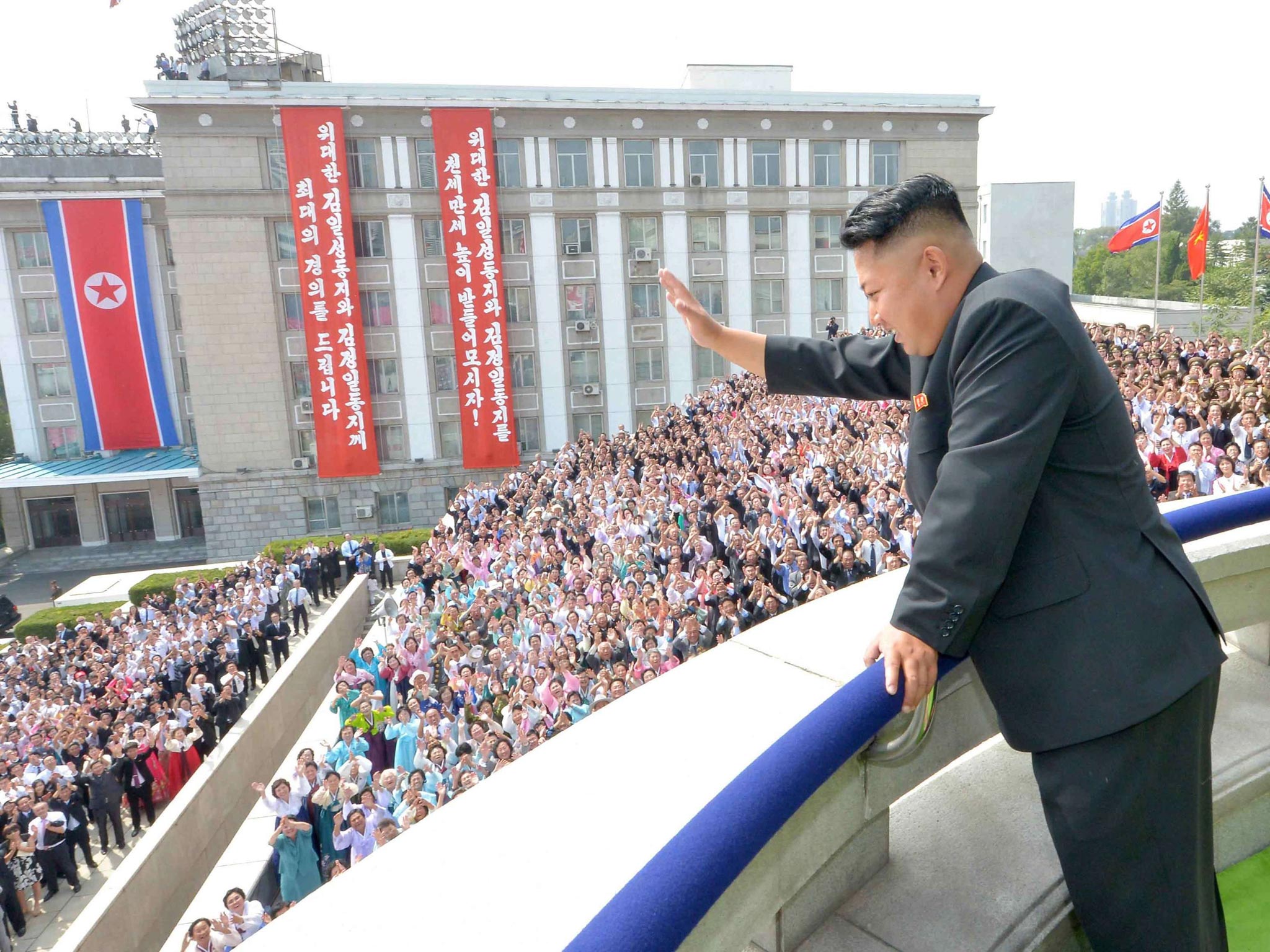‘Life inside the Secret State’ shows why Kim Jong-il was right to fear the growth of markets
Private trade frays at central authority - and that can only be a good thing

Among many revelations in North Korea: Life inside the Secret State, broadcast last night on Channel 4, perhaps the most encouraging focused on the role of markets; on their flourishing, and the small democratic pollination that has attended this growth.
Up until 2010 private markets were restricted by Pyongyang edict – Supreme Leader Kim Jong-il centralising distribution of food and goods wherever possible. Huge food shortages forced a rethink. Today, in the last remaining dynastic dictatorship in the world, private markets seem to be attracting more custom – with food, clothes, foreign movies and basketballs changing hands without explicit state oversight.
Life inside the Secret State tracks in particular the black market in foreign entertainment. We see clips of two young women watching a smuggled-in TV show, marvelling at the apartments and clothes. (They assume the location of this paradise must be “Soviet Russia”). Often, the household appliances on display – like a washing machine – draw as many gasps as the plot. The film suggests that breaking the spell of state propaganda can foster dissent. You watch, you want, you flee.
But for those left in North Korea, the loosening of state controls on trade and growth of markets themselves – places where samizdat can change hands – is promising. South Korean companies have been allowed to set up in parts of North Korea, bringing with them prosperity for employees. The establishment of private markets throughout the country, zones in which power lies in the hands of traders, cannot but improve life for ordinary North Koreans.
When Deng Xiaoping opened up China to a form of capitalism in 1978, an extraordinary boost in GDP and life expectancy followed. 680m people were lifted out of poverty in decades. North Korea will not follow the same path, unless the regime falls. But the growth of private trade is a good sign. Besides making life materially easier for citizens, it frays central authority – and that is a positive when the centre is as cruel, megalomaniacal and corrupt as it is today under Kim Jong-un. (In Pyongyang, Life inside the Secret State reveals, the goods on display in one mall are simply for show; nothing – not even the beer – is for sale.)
Kim Sr was right to fear that markets increased “egotism” and could lead to breakdown of social order. What he meant by “social order” was of course, his own family’s order. We still know precious little about life under Kim Jong-in. But dissent appears to be rising; footage smuggled out of North Korea by daring locals shows women standing up to military officers with a rudeness quite out of touch with state footage of transported masses, weeping and wailing at the sight of the Supreme Leader. Markets won’t be the only source of this confidence, far from it, but they are certainly one important part.
Join our commenting forum
Join thought-provoking conversations, follow other Independent readers and see their replies
Comments
Bookmark popover
Removed from bookmarks